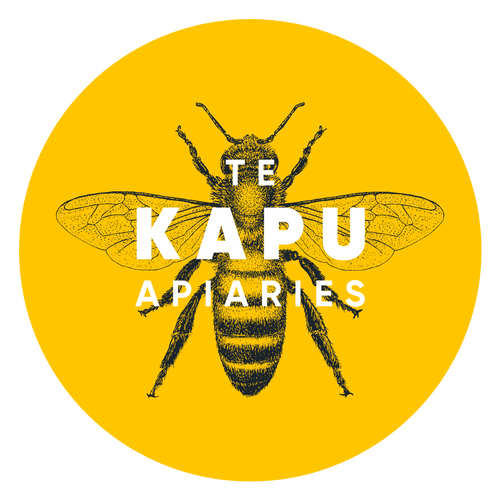
Our world of Bees
Saving our Bees
Every mouthful in three is directly thanks to bee pollination. Bee Aware Month (every September) is a chance for us to learn about the incredible value bees bring to our lives and find out how we can help them!
Around the world there is growing concern about the health of bees. The humble bee is threatened by disease, mites, pesticide use and habitat degradation.
Here in New Zealand however, we have more honeybees than ever before – one million colonies, each of which can produce up to 150kgs of honey per year.
This is double the honeybee population of ten years ago – a boom fuelled by growing demand for Mānuka honey and a multitude of new varieties and blends. On the plus side, this means a massive pollinator population that supports New Zealand’s agriculture and our biodiversity. However, making sure these bees are fed by having plenty of flowers around is a big job!
Why do we need to be aware?
When we look after our honeybees we also look after our native bees – lesser-known bees who are small, that don’t make honey and live in the ground.
Little is known about them, but it is these wee friends that are under threat in New Zealand.
What can you do?
- Grow plants in your garden that attract bees. Bees love plants with ample amounts of pollen and nectar such as borage, lavender, rosemary, calendula and forget-me-not. You can also plant more native trees to attract honeybees including Mānuka and Rewarewa
- Don’t mow your lawn so often, leave clover and dandelion in the lawn for a while so our bees can forage on them
- Eating more organic food encourages our producers to limit pesticides on their crops.
- If you come across a swarm of bees do not call the exterminators but instead call your local beekeeping club or local honey producer. However, you do want to destroy wasp nests as they rob beehive honey stores.
- Garden organically. Look for bee-friendly sprays and use them at dusk when the bees are back in their hives.
- Create a shallow pond with pebbles around the edge in your garden where bees can land to collect water.
Reference Source: sustaintrust.org.nz
